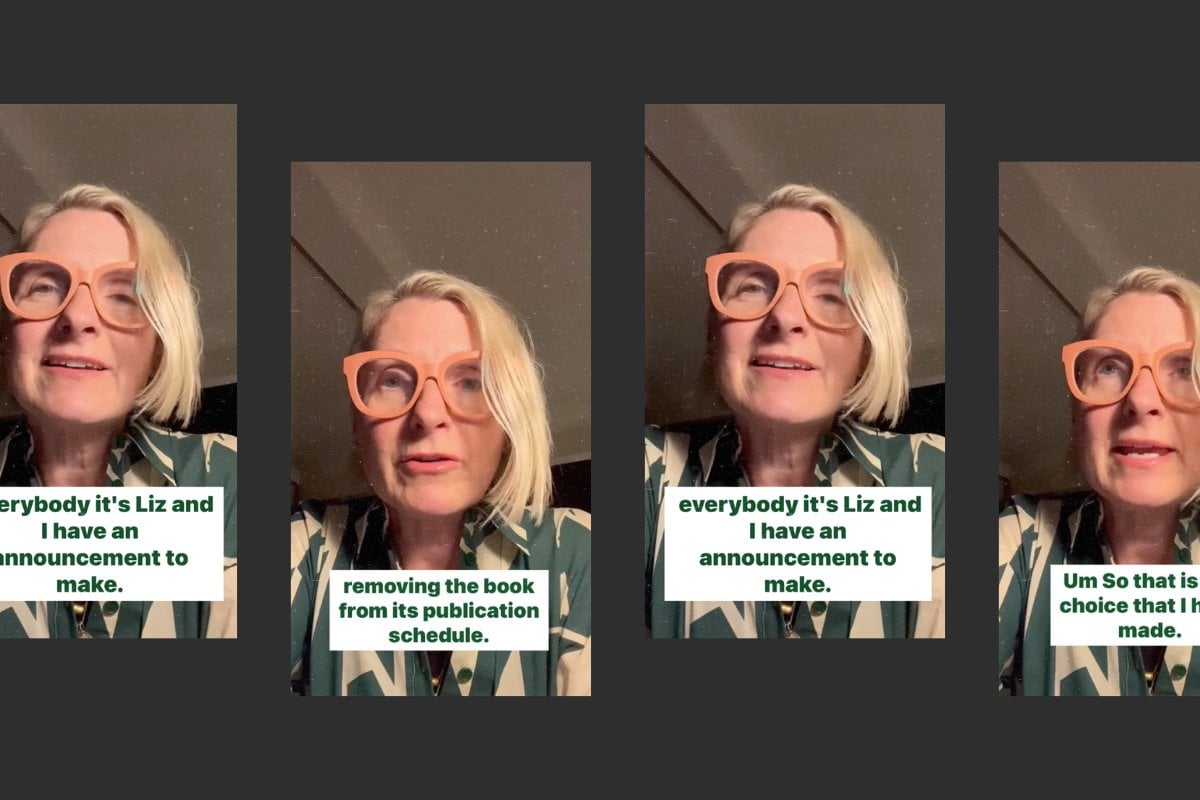
Liz Gilbert has cancelled herself.
Or rather, she's cancelled her latest book – a big, ambitious novel she's been working on for the past three years, called The Snow Forest.
Elizabeth Gilbert announced her new book on Instagram and Twitter and even Good Morning America last week.
The author – who became a guru to millions 17 years ago, when she published the memoir Eat, Pray, Love and caused untellable numbers of Generation X women to abandon their mediocre lives and go eat pasta in Rome, meditate in Ganeshpuri and have sex with a Brazilian in Ubud – was excited about it.
"I hope you will buy it and order it from wherever you get your books," she said, holding up the cover of the hefty, hard-back novel. "I love you! Here we go!"

Top Comments